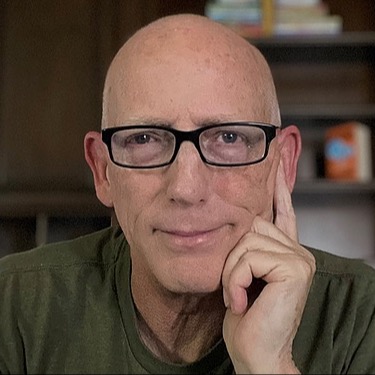I just read an article that referenced Hanlon's Razor.
Hadn't heard of that. I know of Occam's Razor: "The simplest solution is most likely the right one. "
So, I looked it up. Hanlon's Razor says: "Never attribute to malice that which can be adequately explained by stupidity."
These are part of a category of philosophical principles or rules of thumb that allows one to eliminate ("shave off") unlikely explanations for a phenomenon, or avoid unnecessary actions. Some others are listed here LINK. But I don't find them as helpful.
I think there are other rules of thumb like that which represent common wisdom. I'd appreciate your thoughts.
Here's one that I like, but don't always practice. It's not always true, but it puts me in a more forgiving frame of mind. "Assume that others are trying their best to do the right thing."
Hadn't heard of that. I know of Occam's Razor: "The simplest solution is most likely the right one. "
So, I looked it up. Hanlon's Razor says: "Never attribute to malice that which can be adequately explained by stupidity."
These are part of a category of philosophical principles or rules of thumb that allows one to eliminate ("shave off") unlikely explanations for a phenomenon, or avoid unnecessary actions. Some others are listed here LINK. But I don't find them as helpful.
I think there are other rules of thumb like that which represent common wisdom. I'd appreciate your thoughts.
Here's one that I like, but don't always practice. It's not always true, but it puts me in a more forgiving frame of mind. "Assume that others are trying their best to do the right thing."






